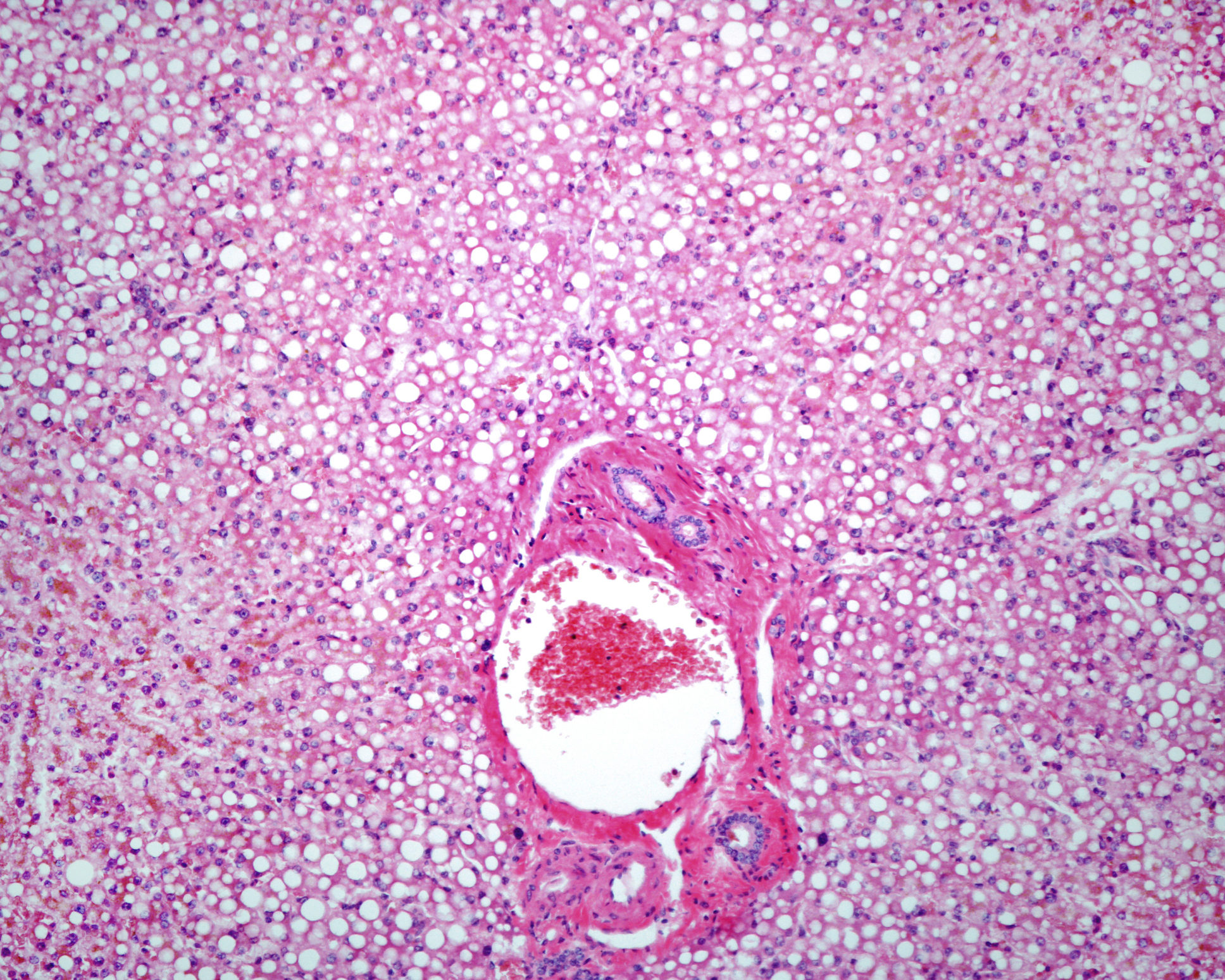The Federal Council has adopted the revision of the implementing legislation for the Federal Act on Research involving Human Beings (Human Research Act, HRA). This revision strengthens the protection of persons participating in research projects. In addition, the framework conditions for research are also being improved – particularly through digitalization.
(red) The Human Research Act, which guarantees the protection of persons within human research projects, has been in force since 2014. At the same time, it ensures research-friendly framework conditions. An evaluation in 2019 showed that the law is basically fit for purpose, but that there is still a need for revision in some areas. Recommendations were formulated accordingly. It has now happened. The Federal Council adopted a revision of the implementing legislation that takes account of scientific and technological progress – particularly in the area of digitalization. In future, consent to participate in a research project will also be able to be given in electronic form. This possibility increases the efficiency of processes in the research institutes and opens up new ways of carrying out research projects. At the same time, data protection and data security are being strengthened. In addition, a new article in the ordinance is intended to ensure that researchers involve the groups of people relevant to the issue in question more closely in their work. This requirement is intended in particular to promote a more balanced participation of women or older people. The current requirements for clinical trials should also be compatible with EU law, particularly with regard to the documentation and notification of side effects and reporting. The aim is to reduce the administrative burden for researchers – particularly in the case of clinical trials conducted in several countries – and to ensure better evaluation and monitoring of research projects. The mandatory publication of a generally understandable summary of the results of clinical trials within a reasonable period of time should enable patients and the medical public to be better informed about these results. All ordinances of the HRA are affected by the amendments: the Ordinance on Clinical Trials; ClinO (SR 810.305), the Ordinance on Clinical Trials with Medical Devices; ClinO-Mep (SR 810.306), the Human Research Ordinance; HRO (SR 810.301) and the Organizational Ordinance HRA; OV-HFG (SR 810.308). In addition, the Stem Cell Research Act also falls under the revision of the ordinance law, and on June 7, 2024, the Federal Council approved the partial revision of the ordinance law and adopted the amended ordinances. The revision, which is part of the master plan “Federal measures to strengthen biomedical research and technology 2022-2026”, will enter into force on November 1, 2024.
Source: www.bag.admin.ch/bag/de/home/das-bag/aktuell/medienmitteilungen.msg-id-101306.html
InFo ONKOLOGIE & HÄMATOLOGIE 2024; 12(3): 40 (published on 3.7.24, ahead of print)











